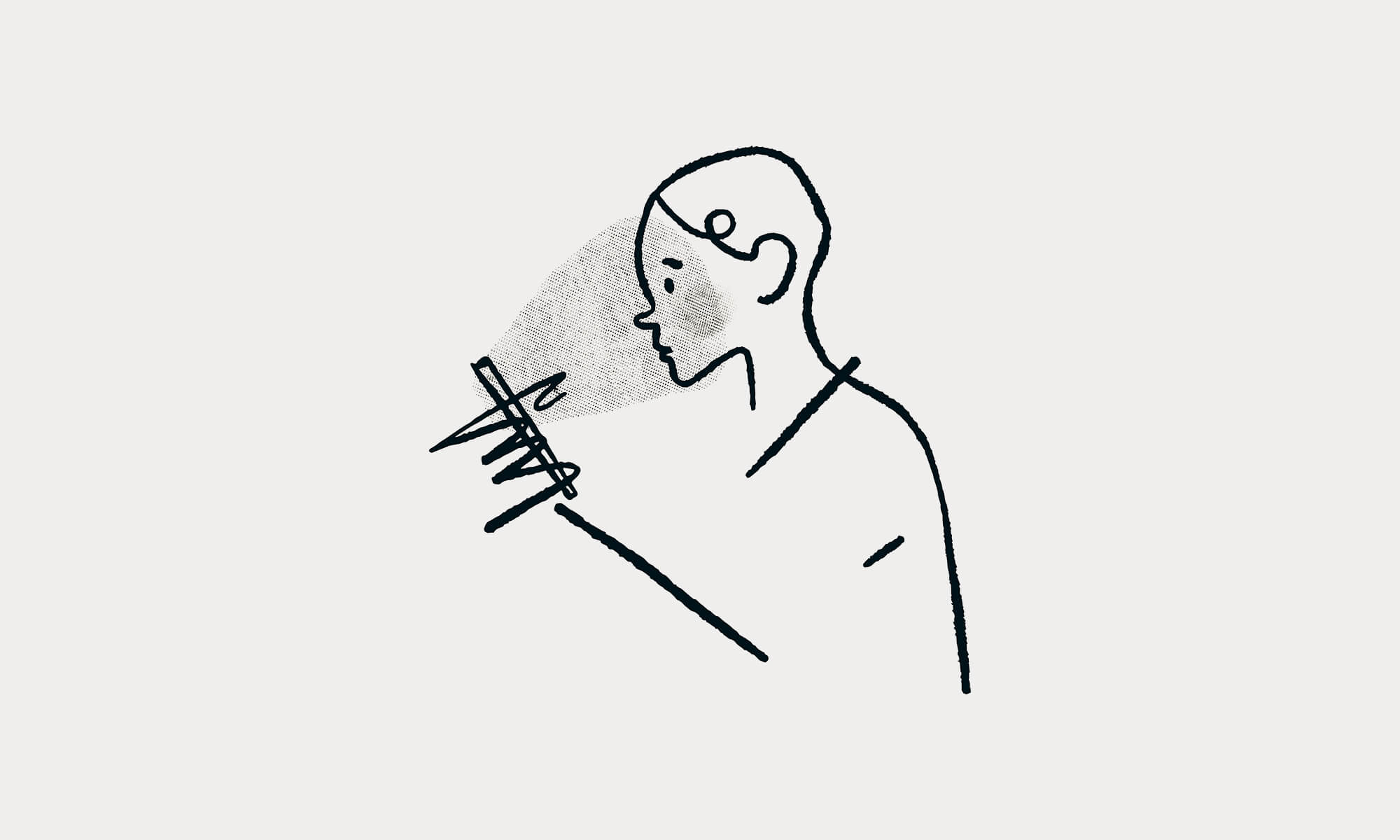
Blog
Grab a cup of tea and enjoy reading our latest real estate news, property market trends and get insights from our sales and property management teams.

Grab a cup of tea and enjoy reading our latest real estate news, property market trends and get insights from our sales and property management teams.